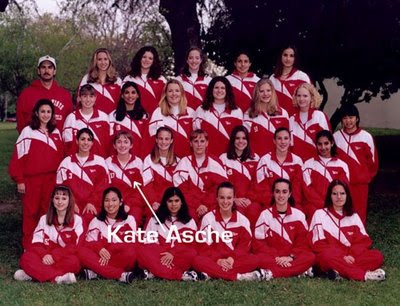Naval Langa, Busy Blogger
I discovered this Naval Langa's blog through Sarudzayi Chifamba-Barnes. The blog is loaded with information to quench your literary thirst. Langa, a writer and lawyer based in India, posts his short stories, book reviews and other people's stories on this blog that receives hits from all over the world. Naval Langa's literature blog is entitled SHORT STORIES AND BOOK REVIEWS and a good starting point would be to get a taste of Langa's short stories , then move on to courageous reviews of J.M. Coetzee's books here and here , but while you are still there, see all the other entries that Langa has made. Naval Langa is also a follower of StoryTime , and hopefully he will consider submitting something there, to add to the growing number of writers who are serious about their art.




